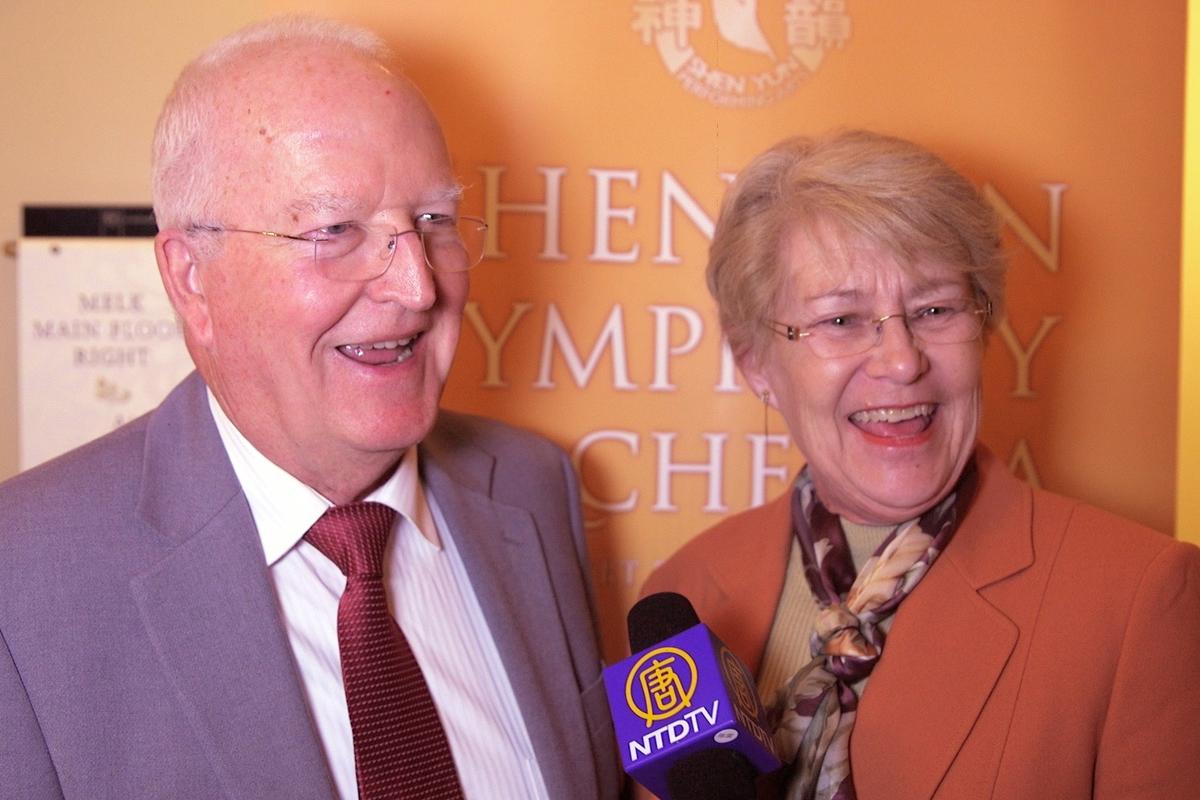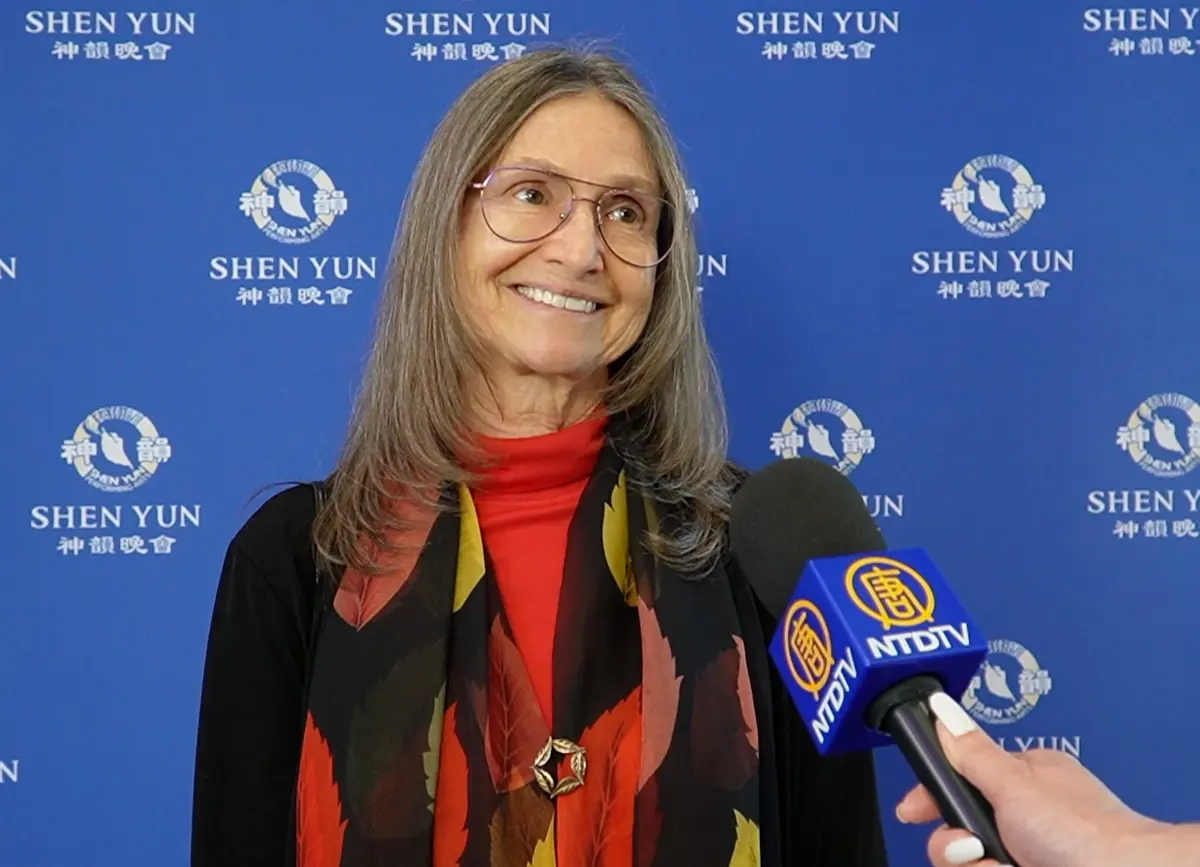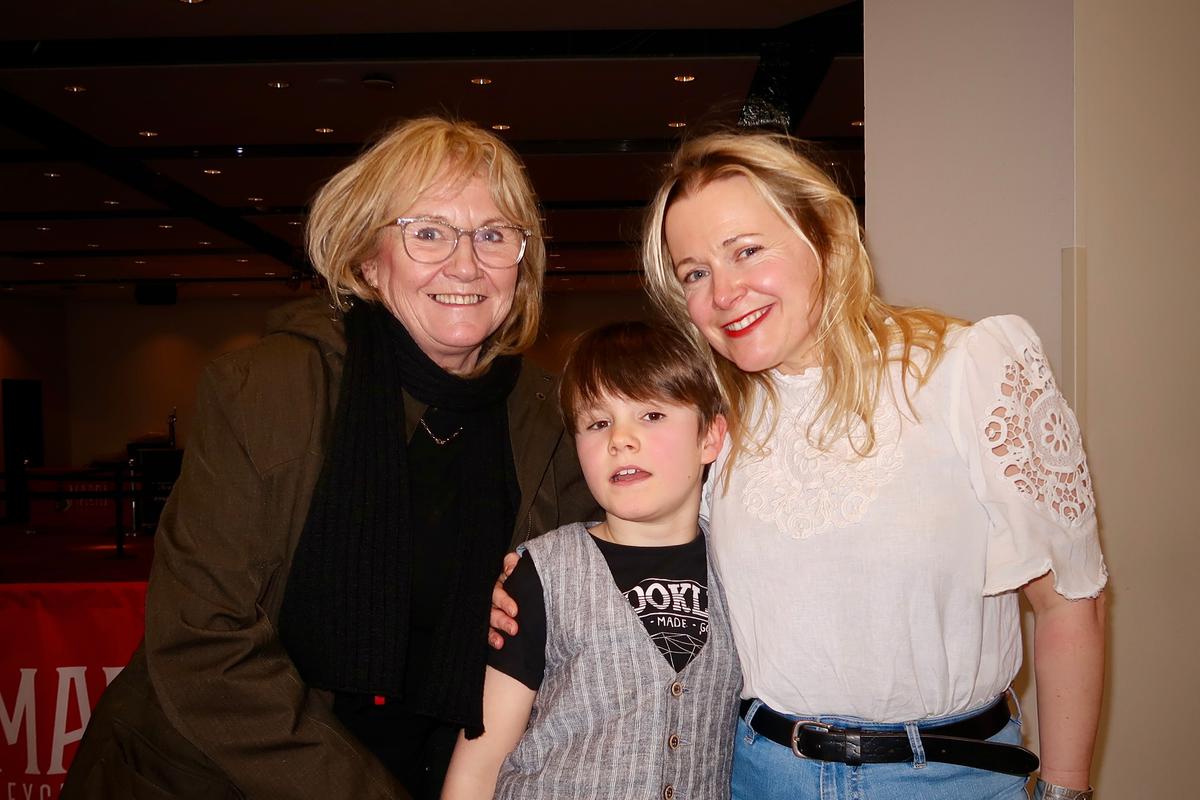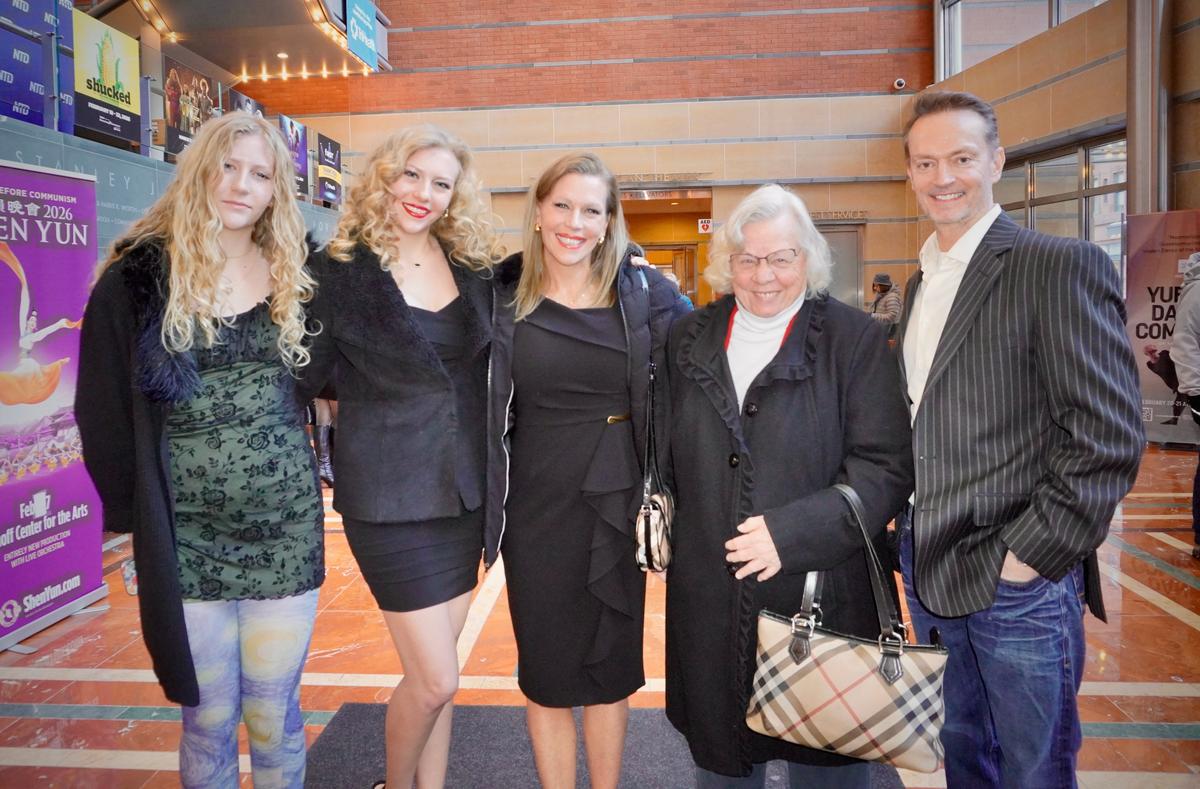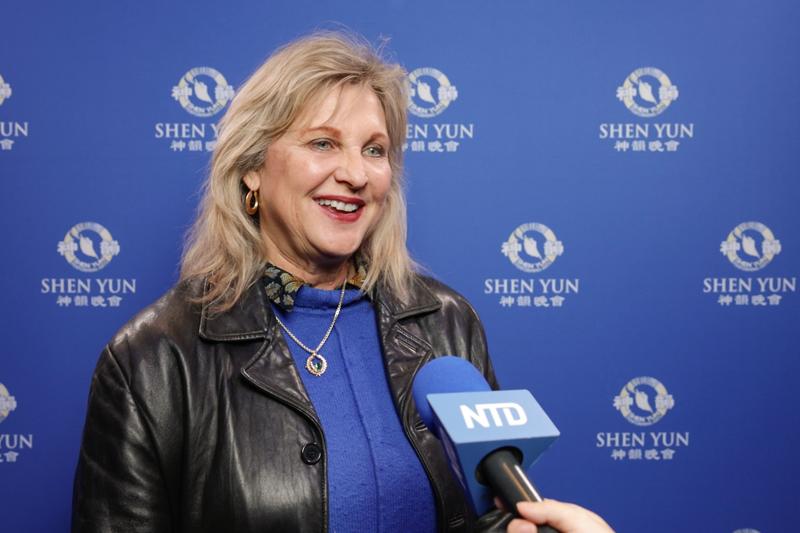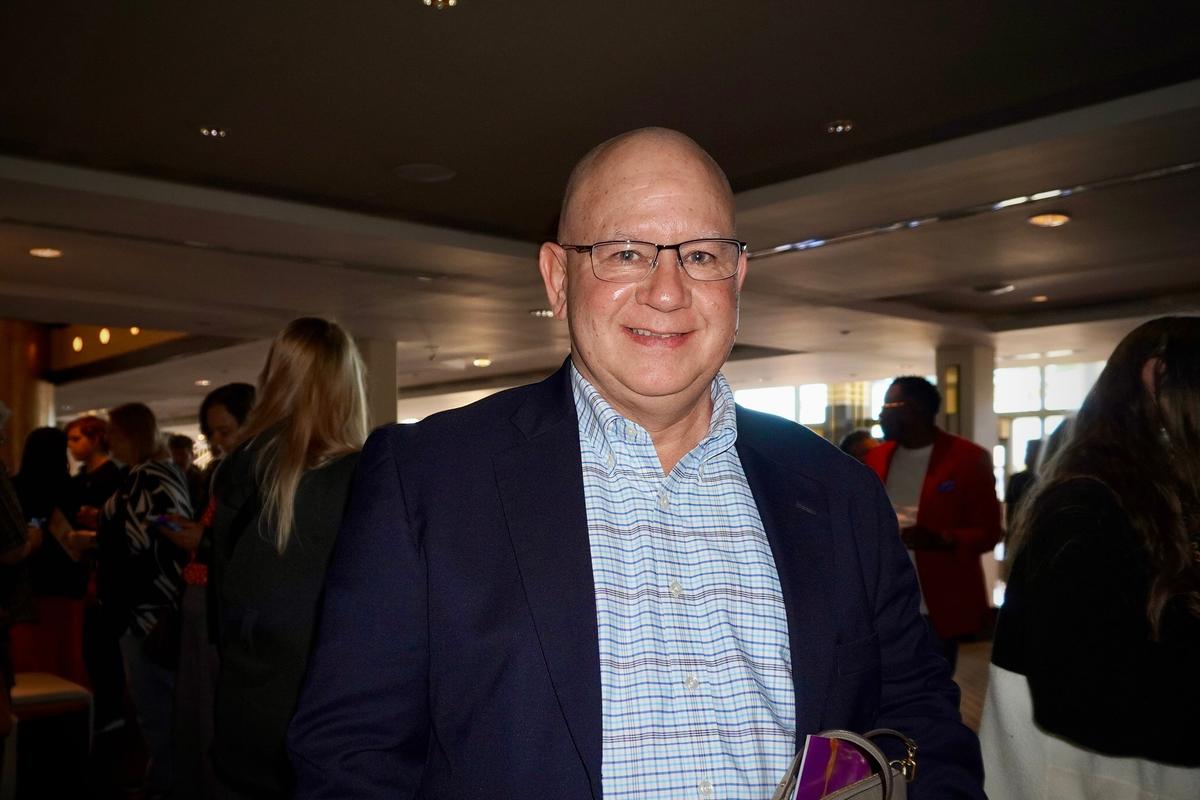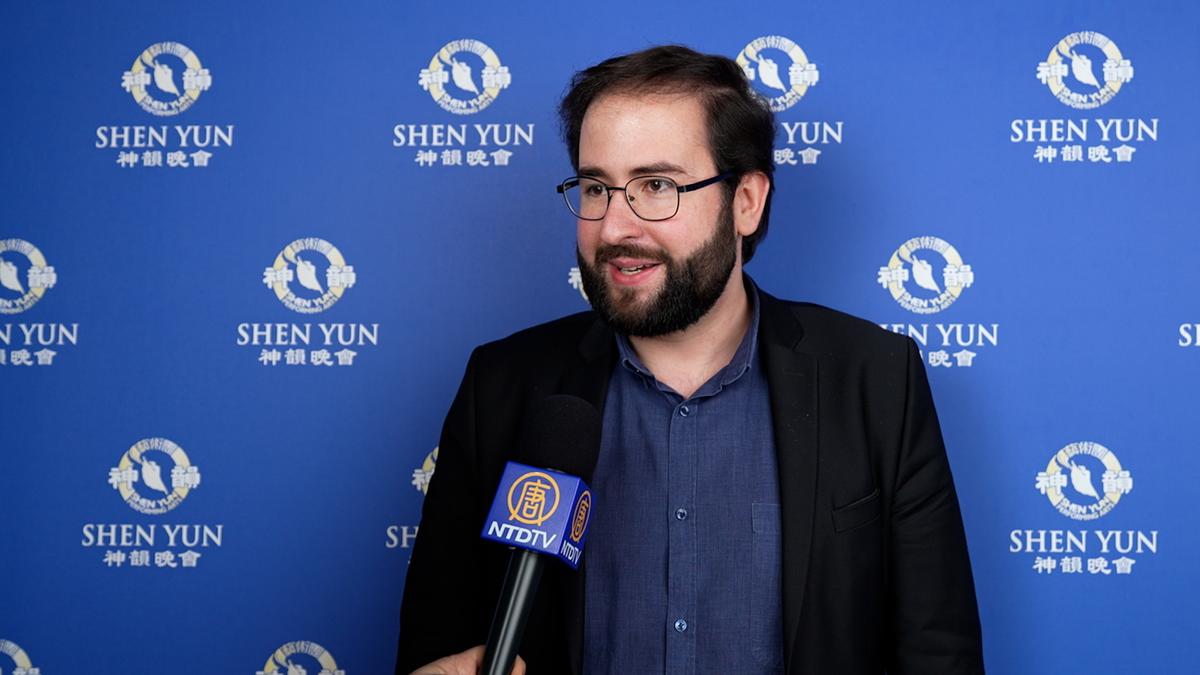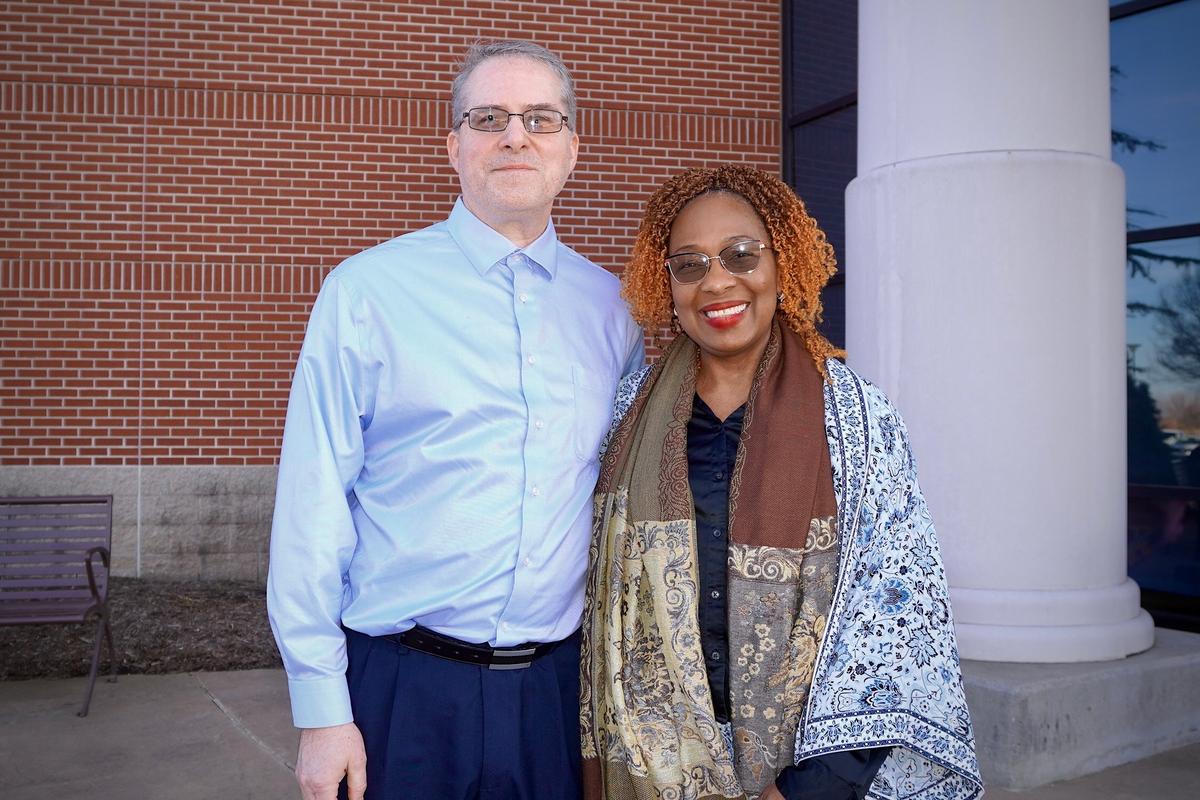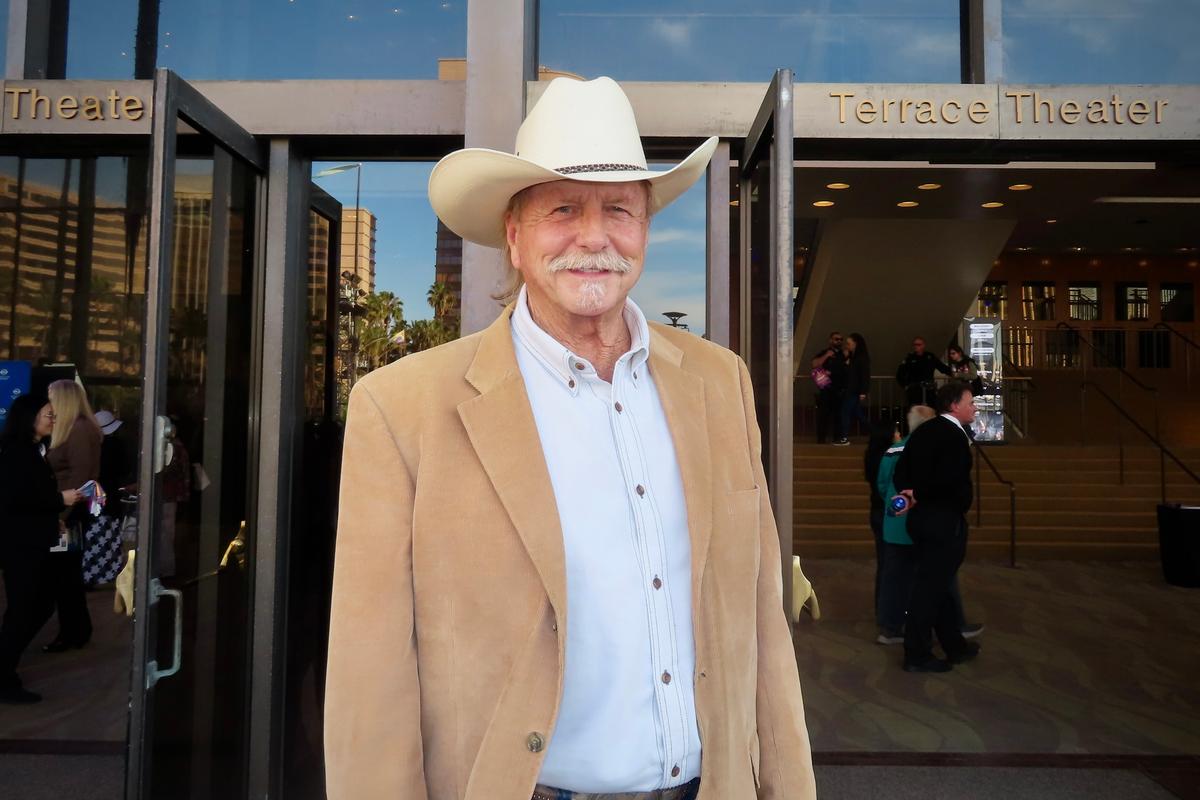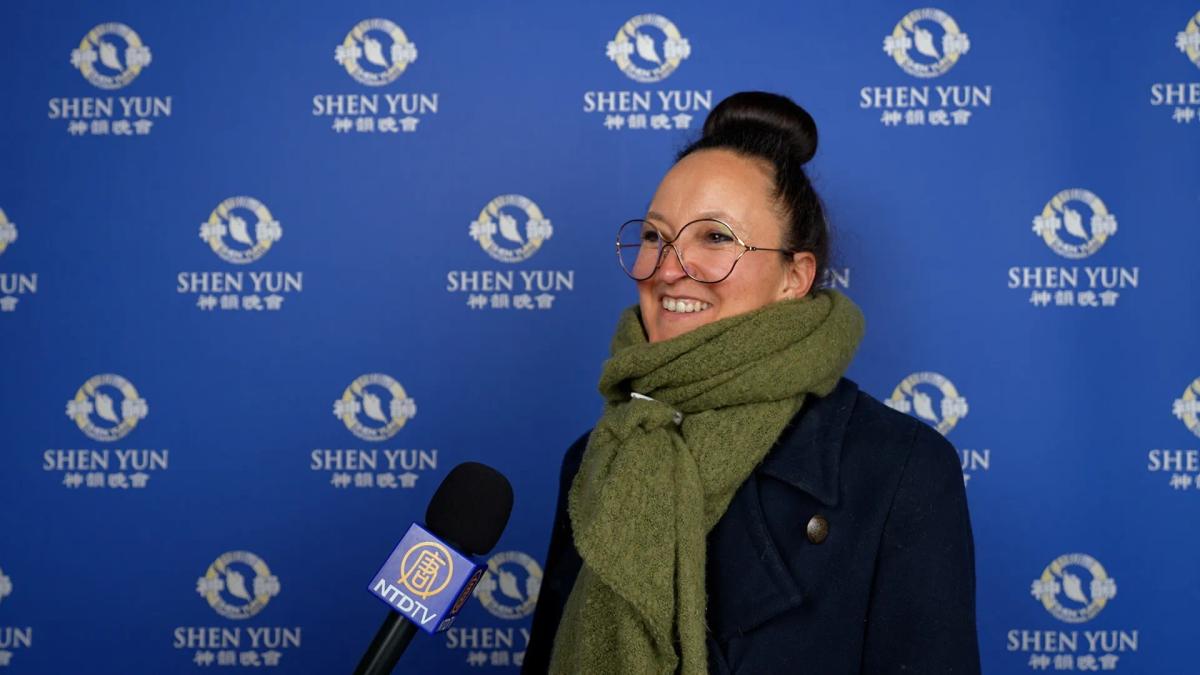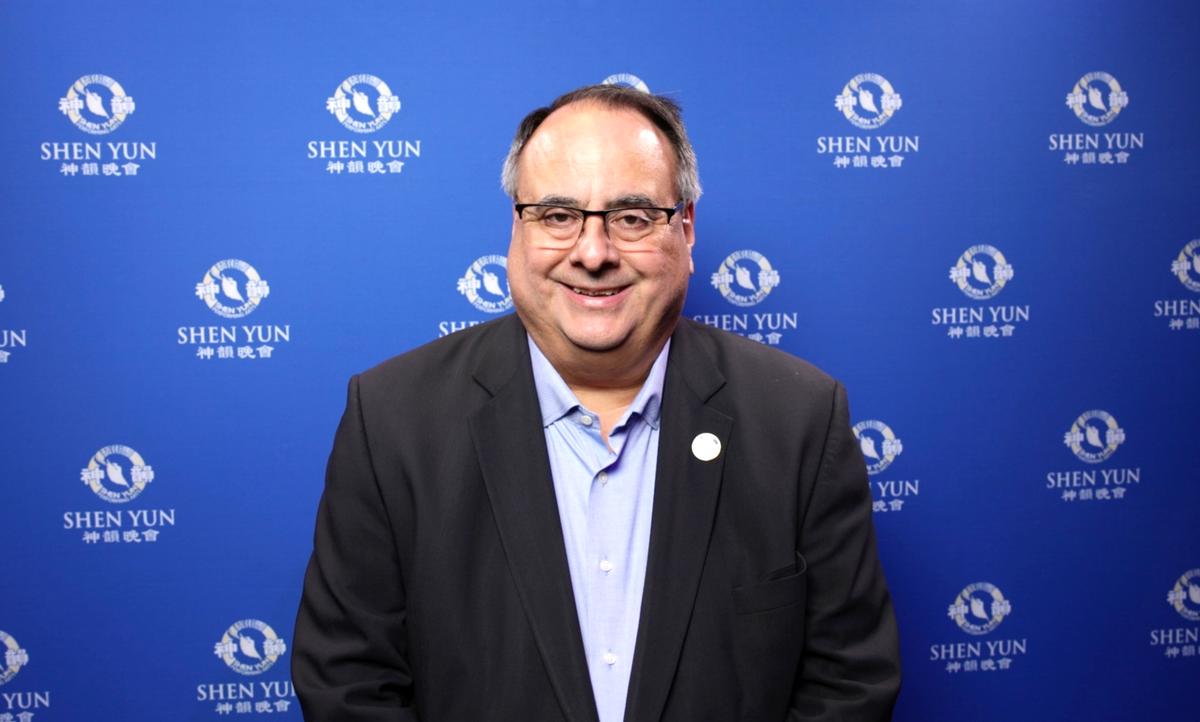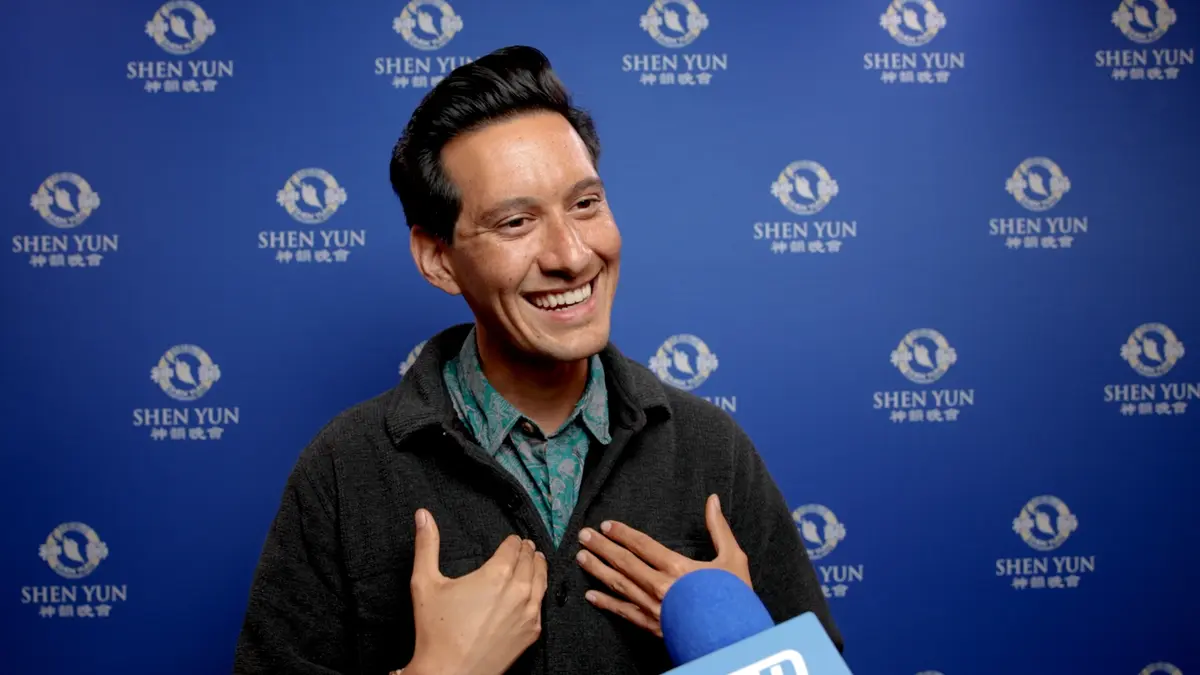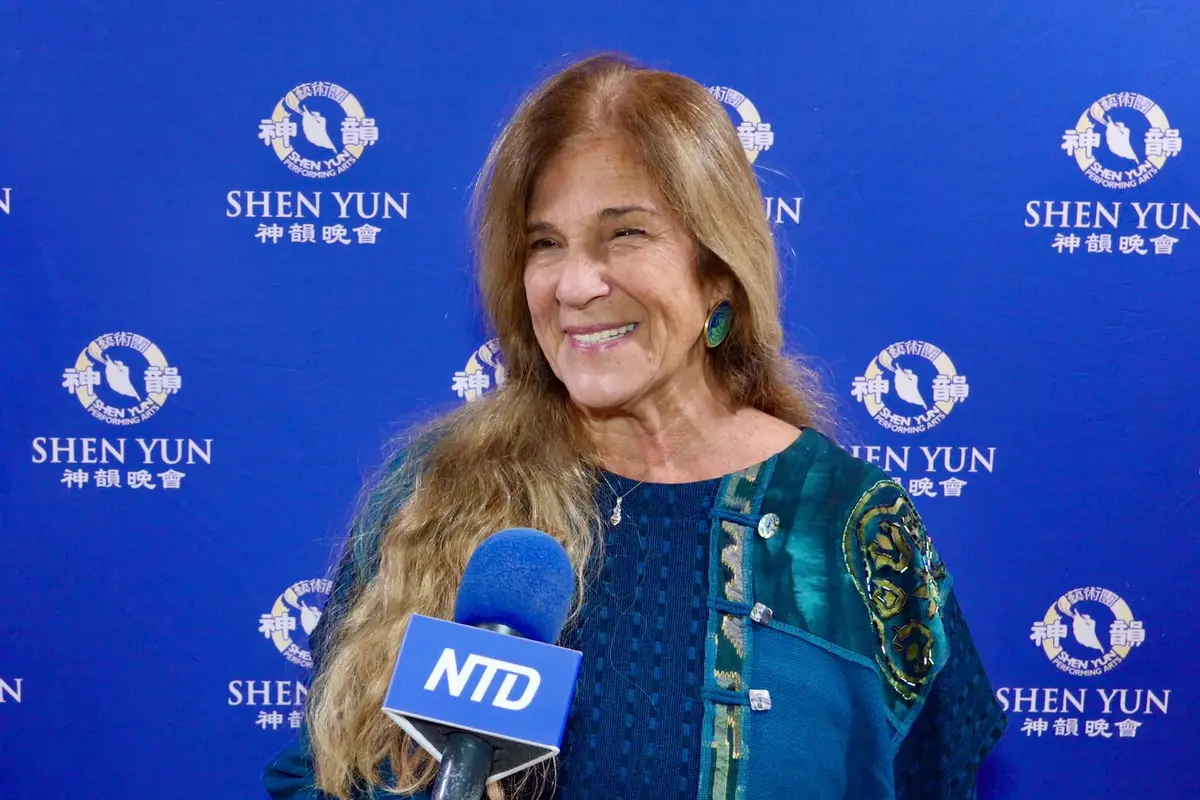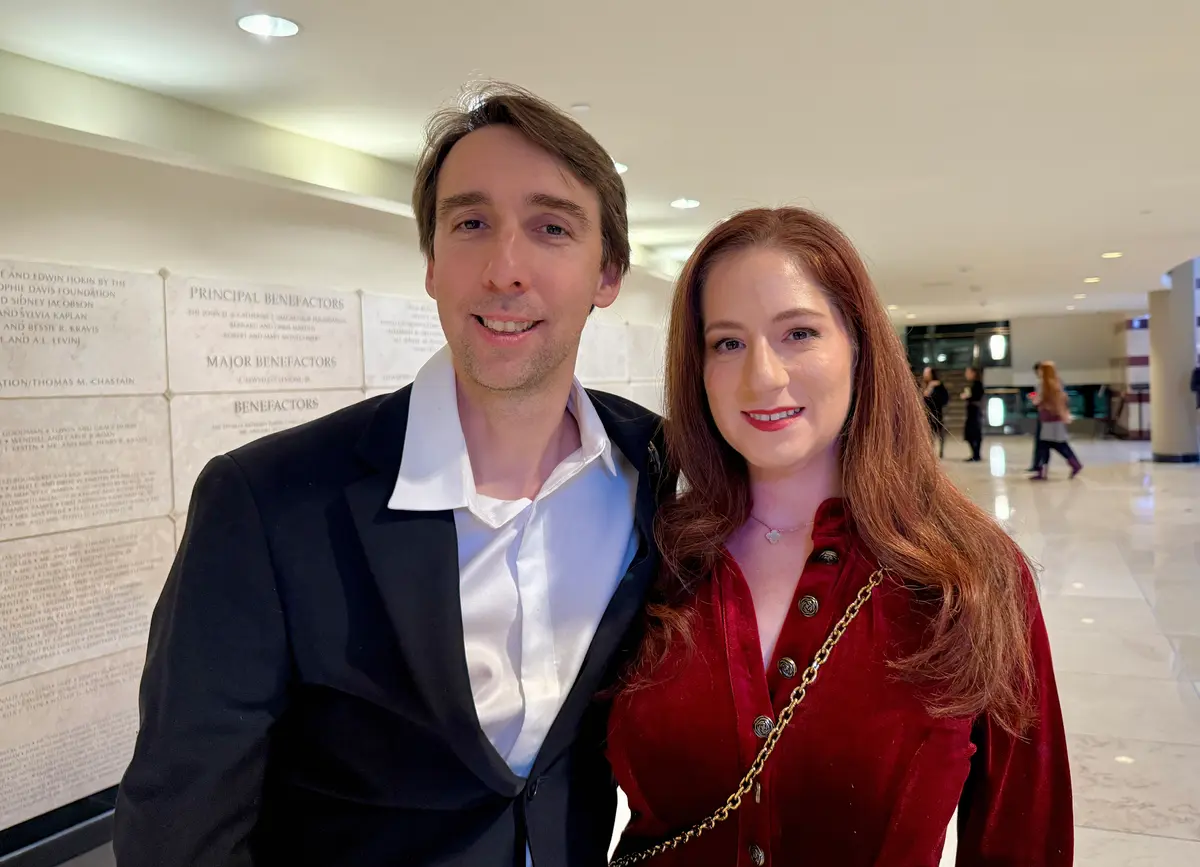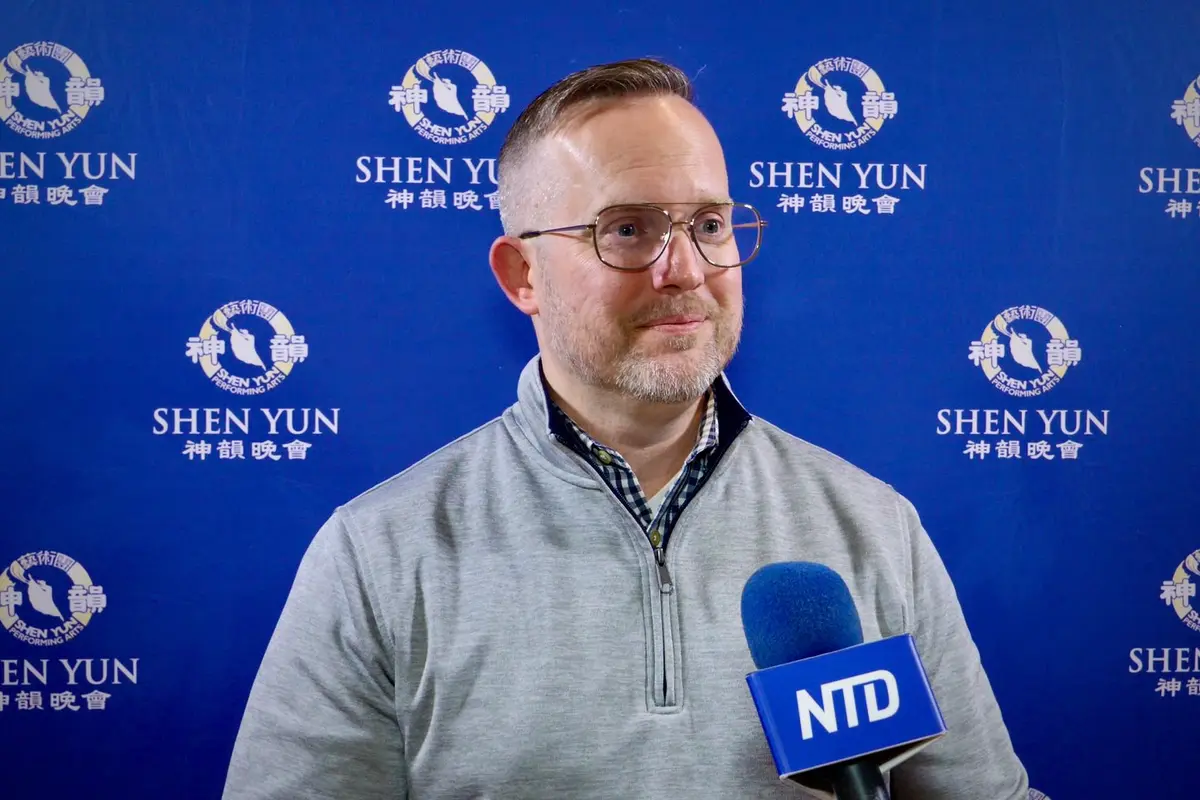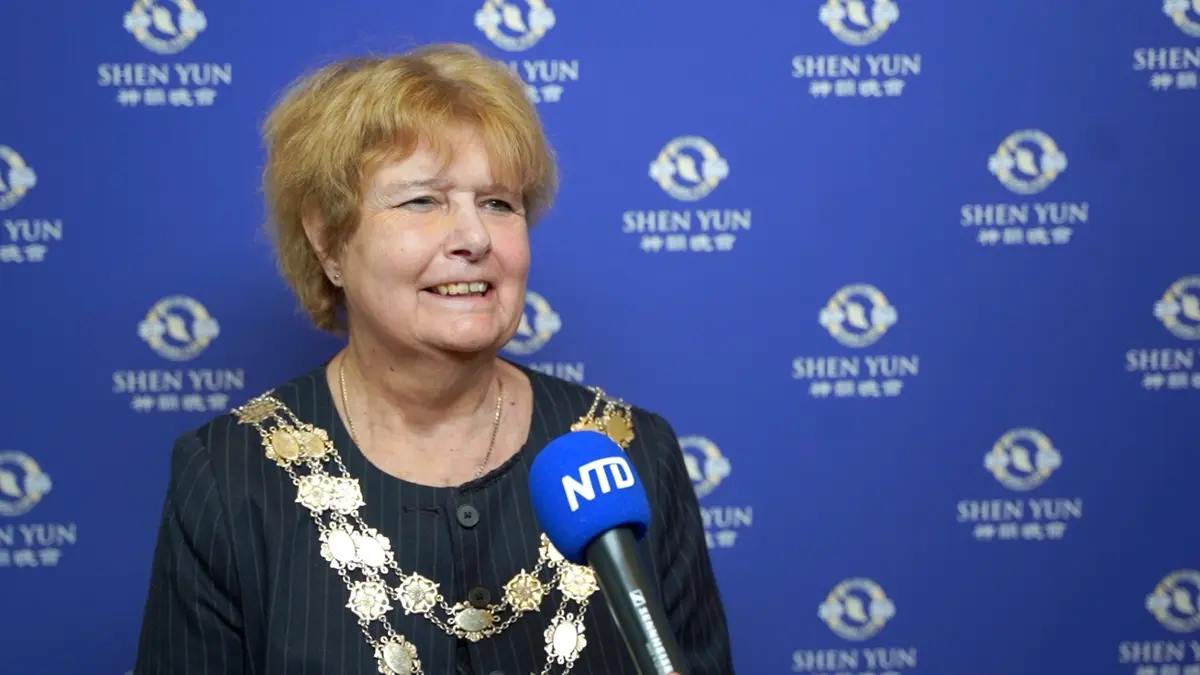CHICAGO—Traditionally, Chinese music aimed to reveal the emotional state of the musician playing it—even emotions as difficult to visibly express as compassion. This state came through to the Teagues, who attended Shen Yun Symphony Orchestra’s concert at Chicago’s Symphony Center.
“The singers especially brought out the compassion and the various emotions in the music,” said Wells Teague, on Sunday, Oct. 18, at the only performance scheduled in Chicago.
A retired public servant from Austin, Texas, Mr. Teague and his wife, Karon, both with degrees in music, were symphony musicians in their home state.
The emotion both of the Teagues mentioned they specifically felt during the performance was compassion—compassion coming from the music, which is very much at the heart of Shen Yun’s aim.
Like Shen Yun Performing Arts, a traditional music and dance company, Shen Yun Symphony Orchestra aims to revive 5,000 years of traditional Chinese culture—a culture based on long treasured virtues like compassion, kindness, integrity, and a striving for spiritual perfection.
“One of the pieces expressed the compassion really well. There was also a kind of longing … that you feel through the Chinese music,” Mr. Teague said.
The longing expressed in several of the songs performed is a yearning for a reunion with the divine. The very name “Shen Yun” roughly translates as “the beauty of divine beings dancing.”
It was the Symphony Orchestra’s precision which struck Mr. Teague. He noted that the pentatonic scale, which is used in Chinese music, is challenging but otherwise the requirements of excellence are universal.
“The musicianship is the same, the precision is the same. Everybody was working together, playing exactly together. The intonation and tuning among the different sections was the same. But the scale would be different,” he said.
Performing 14 pieces, some instrumental, some vocal, most orchestral, Shen Yun plays pieces both from the classical Western canon as well as original compositions using Chinese instruments and melodies. The orchestral works were originally written to accompany Shen Yun Performing Arts dances.
The effect of the combination of the Chinese unique expressiveness with the Western orchestral arrangements and harmony is what sets Shen Yun apart in the world of music.
As Mrs. Teague said, she felt particularly attracted to the combination of Western and Eastern sounds because, although she’s heard Chinese music before, the Western orchestra blending with it “made it really sweet.”
“You feel in parts very lighthearted and sweet, and being in the fresh air. And then there were the parts where the storms were coming in, and it was wonderful,” she said.
Somehow, Mr. Teague felt his wife had summed up his experience well.
“The fresh air idea hits very close to home, because of the nature component. Chinese music is related to the emotions, and I heard that, and I felt natural and I felt at home with it,” he said.

